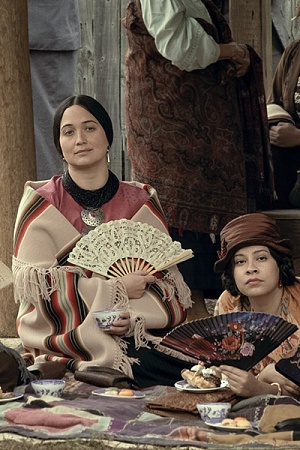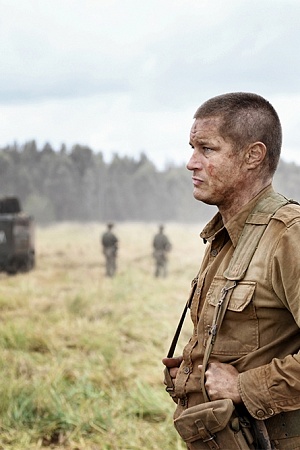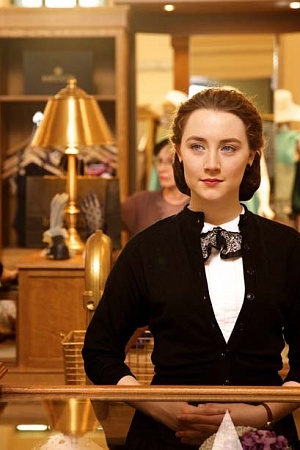The Counselor
When a film is created by an equally renowned cast and crew, it can be difficult to identify the most notable contributors. In praising or blaming, we often focus on the director or the actors. In this instance, however, it is the screenwriter’s efforts that command our interest and ultimately reorient what could have been a straightforward narrative.
It’s perhaps no surprise that Cormac McCarthy’s name has strategically accompanied Ridley Scott’s in the publicity for his new film, The Counselor, often sharing equal billing with the director. The celebrated author of such novels as The Road (2006) is an experienced screenwriter, with The Gardener’s Son (first published in 1996) screening on PBS in the late 1970s, and No Country For Old Men actually beginning life as a screenplay.
Continue reading for only $10 per month. Subscribe and gain full access to Australian Book Review. Already a subscriber? Sign in. If you need assistance, feel free to contact us.











Comment (1)
Leave a comment
If you are an ABR subscriber, you will need to sign in to post a comment.
If you have forgotten your sign in details, or if you receive an error message when trying to submit your comment, please email your comment (and the name of the article to which it relates) to ABR Comments. We will review your comment and, subject to approval, we will post it under your name.
Please note that all comments must be approved by ABR and comply with our Terms & Conditions.